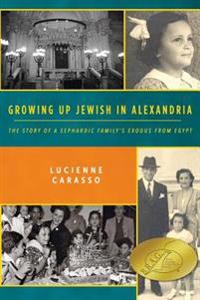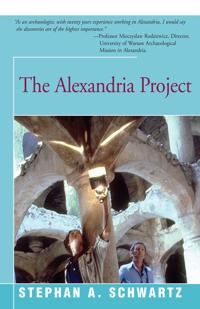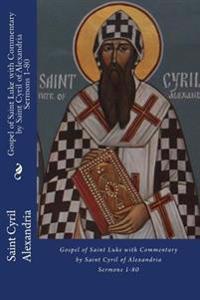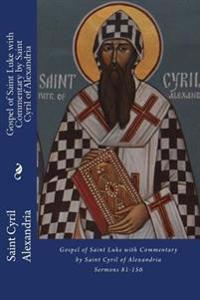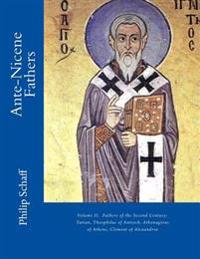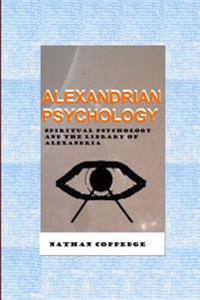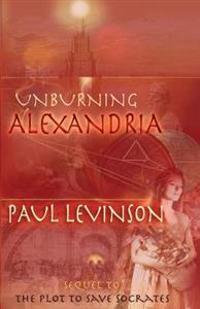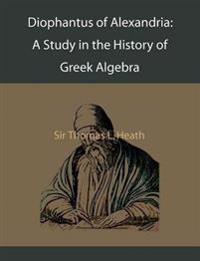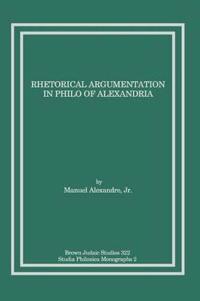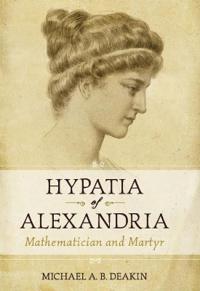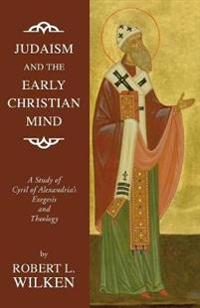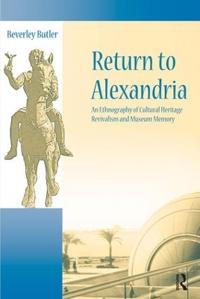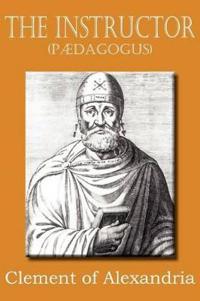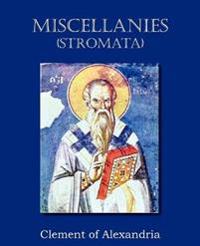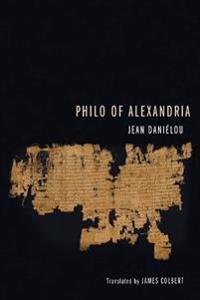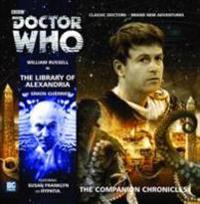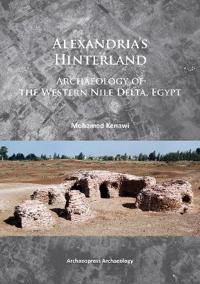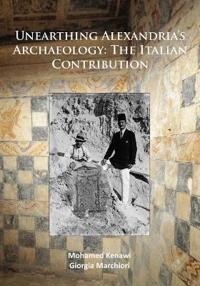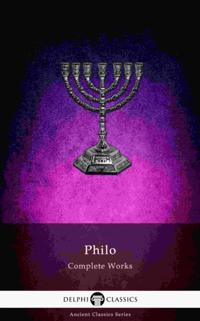Askfirmations: Live the Life You Desire Simply by Asking (Häftad)
avChris Alexandria
ISBN: 9781499675306 - UTGIVEN: 2014-07Growing Up Jewish in Alexandria: The Story of a Sephardic Family's Exodus from Egypt (häftad)
ISBN: 9781500446352 - UTGIVEN: 2014-10The Alexandria Project (häftad)
ISBN: 9781504026659 - UTGIVEN: 2017-04The Alexandria Project is the true story of how researchers from five universities and organizations went to Egypt to put the claims of a psychic ability known as Remote Viewing to the ultimate test. Was it possible, under rigorously controlled conditions, for some part of the human mind to locate a[...]
Gospel of Saint Luke with Commentary by Saint Cyril of Alexandria: Sermons 1-80 (häftad)
ISBN: 9781540368263 - UTGIVEN: 2016-11Gospel of Saint Luke with Commentary by Saint Cyril of Alexandria: Sermons 81-156 (häftad)
ISBN: 9781540382764 - UTGIVEN: 2017-01Ante-Nicene Fathers: Volume II. Fathers of the Second Century: Tatian, Theophilus of Antioch, Athenagoras of Athens, Clement of Alexandria (häftad)
ISBN: 9781543029123 - UTGIVEN: 2017-02Alexandrian Psychology: Spiritual Psychology and the Library of Alexandria (häftad)
ISBN: 9781543205107 - UTGIVEN: 2017-02Philo of Alexandria, an Exegete for His Time (Häftad)
avPeder Borgen
ISBN: 9781589831926 - UTGIVEN: 2005-11Rhetorical Argumentation in Philo of Alexandria (Häftad)
avJr. Manuel Alexandre
ISBN: 9781589834408 - UTGIVEN: 1999-01Hypatia of Alexandria (Inbunden)
avMichael Deakin
ISBN: 9781591025207 - UTGIVEN: 2007-05In the late fourth and early fifth centuries of our era, Hypatia of Alexandria was the world's greatest living mathematician and astronomer. A strikingly beautiful woman and a devoted celibate, she lived in a city as turbulent and troubled as Baghdad or Beirut is today. She achieved fame not only in[...]
Judaism and the Early Christian Mind: A Study of Cyril of Alexandria's Exegesis and Theology (Häftad)
avRobert Louis Wilken
ISBN: 9781592449125 - UTGIVEN: 2004-09Return to Alexandria
ISBN: 9781598741919 - UTGIVEN: 2007-11The Bibliotheca Alexandrina was launched with great fanfare in the 1990s, a project of UNESCO and the Egyptian government to recreate the glory of the Alexandria Library and Museion of the ancient world. The project and its timing were curious-it coincided with scholarship moving away from the domin[...]
Alexandria (Storpocket)
avE. M. Forster
ISBN: 9781780763576 - UTGIVEN: 2014-02In the autumn of 1915, in a "slightly heroic mood", E.M. Forster arrived in Alexandria, full of lofty ideals as a volunteer for the Red Cross. Yet most of his time was spent exploring "the magic, antiquity and complexity" of the place in order to cope with living in what he saw as a "funk-hole". Wit[...]
Library of Alexandria (cd-bok)
ISBN: 9781781780848 - UTGIVEN: 2013-04The port of Alexandria, 5th Century AD. The Doctor, Ian, Susan and Barbara have taken a break from their travels, and are enjoying a few weeks in the sunshine - and the chance to appreciate the magnificent Library of Alexandria. Ian also takes the chance to enjoy friendship with the philosopher [...]
Alexandria's Hinterland
ISBN: 9781784910143 - UTGIVEN: 2014-11This volume contains detailed information about 63 sites and shows, amongst other things, that the viticulture of the western delta was significant in Ptolemaic and Roman periods, as well as a network of interlocking sites, which connected with the rest of Egypt, Alexandria, North Africa and the Eas[...]
Unearthing Alexandria's Archaeology: The Italian Contribution (häftad)
ISBN: 9781784918651 - UTGIVEN: 2018-10Delphi Complete Works of Philo of Alexandria (Illustrated)
ISBN: 9781786563866 - UTGIVEN: 2017-03Philo of Alexandria was a Greek-speaking Jewish philosopher, who is now recognised as the most important representative of Hellenistic Judaism. His writings provide a concise view of the development of Judaism in the Diaspora. His essays seek to synthesise revealed faith and philosophic reason, and [...]
Alexandria (häftad)
ISBN: 9781838605896 - UTGIVEN: 2019-07In the autumn of 1915, in a "slightly heroic mood", E.M. Forster arrived in Alexandria, full of lofty ideals as a volunteer for the Red Cross. Yet most of his time was spent exploring "the magic, antiquity and complexity" of the place in order to cope with living in what he saw as a "funk-hole". Wit[...]


